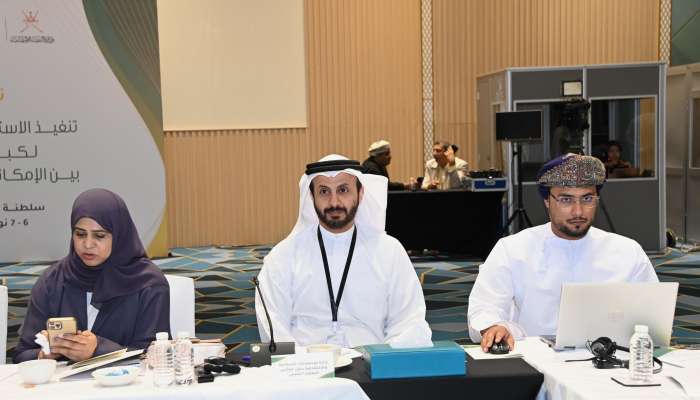
Muscat: Experts at the symposium, "Following up on the Implementation of the Arab Strategy for the Elderly between Potential and Challenges," highlighted the importance of integrating best practices to improve elderly care across the Arab region. Held in Muscat, the event underscored the need for enhanced health and social services for the elderly to ensure a high quality of life.
Safiya Al Omiri, Director of Elderly Affairs at Oman’s Ministry of Social Development, advocated for digital inclusion to aid elderly access to services and maintain social connections. Al Omiri urged collaboration across government, private sectors, and civil society to support training, simplify technology, and offer funding and digital services tailored to senior needs.
In Saudi Arabia, Ibtisam Al-Humaizi, Director General of Elderly Care, reported proactive steps to enhance life quality for the elderly, noting a population of over 1.5 million seniors, accounting for 4.7% of the country’s population. Saudi Arabia’s strategy focuses on ensuring a dignified, secure environment with high-quality social care services and community support.
Fatima Al Zarouni from the UAE’s Ministry of Community Development emphasised preventive measures and community engagement, highlighting initiatives such as “Meeting Across Generations,” which connects youth and senior citizens, and “We Are Your Family,” a volunteer-led check-in program for elderly welfare.
Ali Al Shamsi from the GCC Statistical Centre revealed data indicating an expected rise in the GCC's elderly population to 29.6% by 2050. The GCC plans to release an updated elderly care strategy, aligning with regional demographic shifts.
The symposium underscored a shared commitment to integrating and supporting the elderly through coordinated policies and programs across the Arab region.